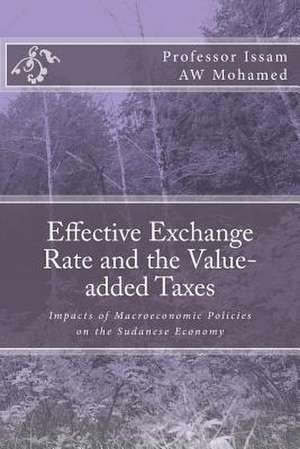Effective Exchange Rate and the Value-Added Taxes
Autor Prof Issam Aw Mohameden Limba Engleză Paperback
Preț: 166.51 lei
Nou
Puncte Express: 250
Preț estimativ în valută:
31.86€ • 33.07$ • 26.63£
31.86€ • 33.07$ • 26.63£
Carte disponibilă
Livrare economică 25 februarie-11 martie
Preluare comenzi: 021 569.72.76
Specificații
ISBN-13: 9781480244849
ISBN-10: 1480244848
Pagini: 96
Dimensiuni: 152 x 229 x 5 mm
Greutate: 0.14 kg
Editura: CREATESPACE
ISBN-10: 1480244848
Pagini: 96
Dimensiuni: 152 x 229 x 5 mm
Greutate: 0.14 kg
Editura: CREATESPACE
